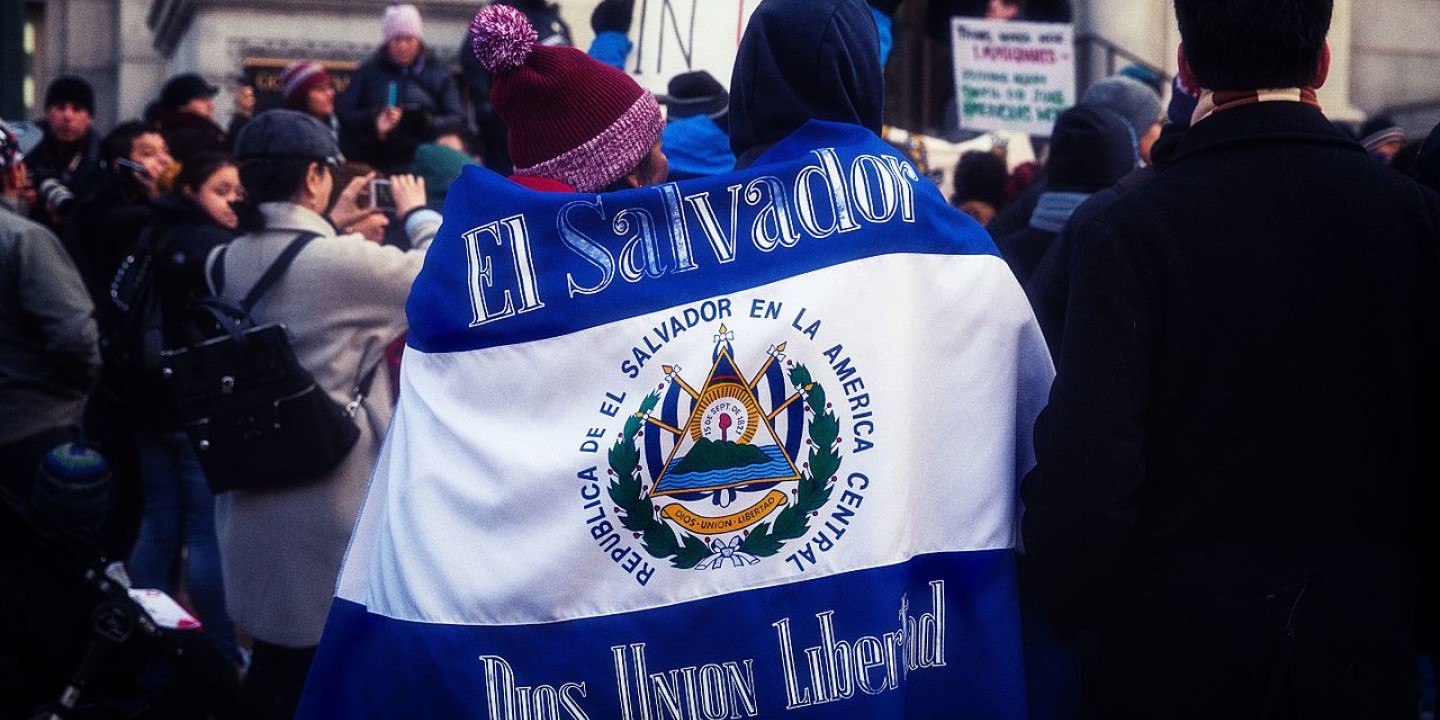Our responsibility to Salvadoran immigrants
In the 1980s, the U.S. didn’t cite "America first" and stay out of El Salvador's civil war.

With all the drama in January around the fate of the Dreamers, another immigration story got less attention. Since 2001, when a pair of earthquakes devastated El Salvador, Salvadorans in the United States have been given temporary protected status and allowed to stay. Now the Trump administration has announced that TPS for Salvadorans will end in 2019, and 200,000 people will have to return to El Salvador—a nation struggling with poverty and crime and ill-equipped to receive them.
The move isn’t a surprise. A smaller number of Haitians and Nicaraguans recently lost similar protections; Hondurans may be next. While Trump has abandoned many of his populist heterodoxies to govern like an establishment Republican, immigration policy is an exception. Here Trump has taken aggressive steps to deliver for his base, whose anti-immigration fervor animates the closest thing Trump has to a coherent political philosophy: America first.
It’s a phrase that, abstracted through a certain lens, might sound reasonable. “America first” could connote localism, subsidiarity, a dose of humility on the world stage. In practice, however, those who shout this slogan have rarely limited it to such values. “America first” almost always means “American citizens only.” And this sort of isolationism falls apart in practice: like it or not, Americans are already deeply connected to others, invested in their sociopolitical situations, and implicated in their welfare and hardship. To attempt to undo this is ahistorical—and it risks considerable human suffering.
The Trump administration argues that 17 years after the earthquakes, there’s no statutory basis for extending TPS. The Bush and Obama administrations extended it anyway, because of the situation in El Salvador. It’s a situation that hardly exists in a vacuum. In the 1980s, the United States didn’t cite “America first” and stay out of the Salvadoran civil war. It took sides, backing a repressive government’s campaign against Marxist guerrillas. Refugees from that war came to the United States, where the now notoriously violent gangs first recruited Salvadoran members. Many were deported in the ’90s, and the gangs took root in El Salvador. Today they thrive there while the economy continues to struggle—and to depend on money sent back from people in the States.
The United States did not singlehandedly create the situation in El Salvador, but it has played a significant role. Trump’s policy isn’t simply “you go back to your country, and we’ll deal with ours.” It’s sending people with deep American roots to a bleak situation the United States helped create, with little concern for their welfare. The last two administrations tacitly acknowledged the situation by extending TPS. Now it’s America first! But we can’t just wave away a deep and complicated connection between nations.
Some Salvadorans will likely refuse to leave. If they’re deported, they will risk their lives to come back. Their connection to this land and its people will persist—whatever the U.S. government says.
A version of this article appears in the February 14 print edition under the title “Salvadorans among us.”




